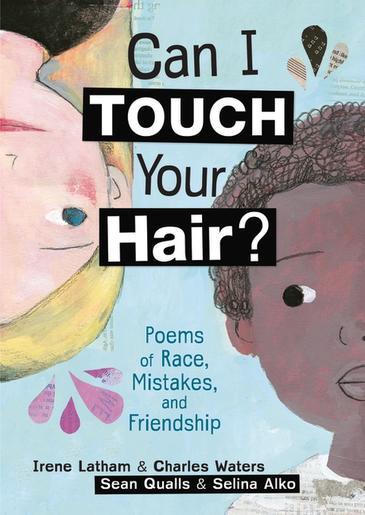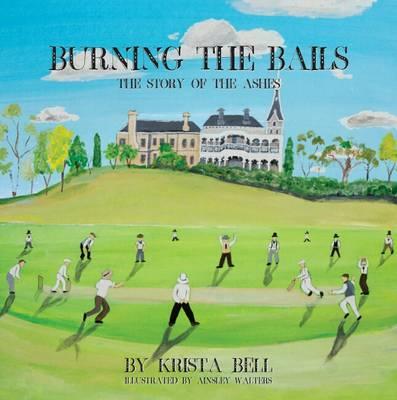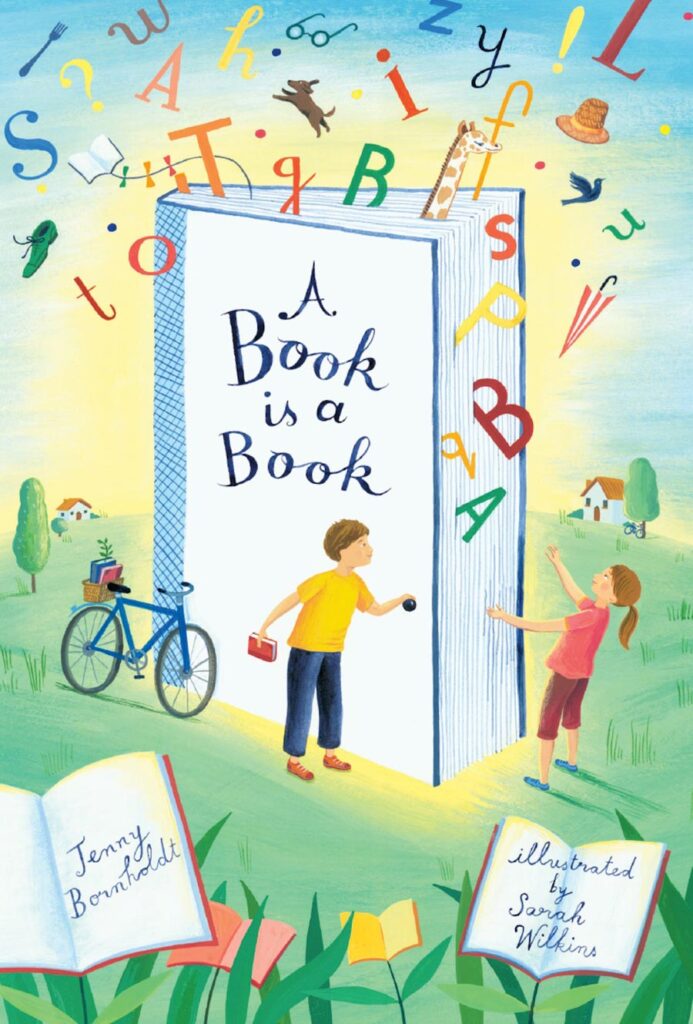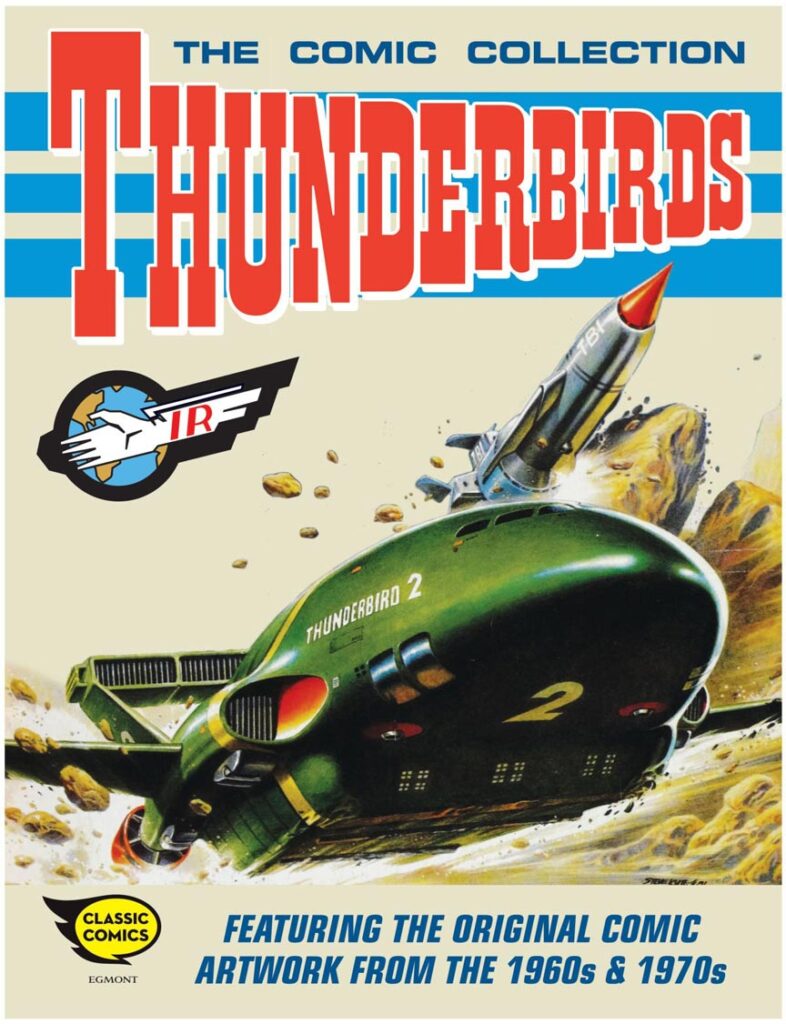Irene Latham and Charles Waters (text), Sean Qualls and Selina Alko (illus.) Can I Touch Your Hair?: Poems of race, mistakes, and friendship, Carolrhoda Books/Walker Books Australia, 1 April 2018, 40pp., $29.99 (hbk) ISBN 9781512404425
What a pleasant surprise! When I first saw the title of this book, my heart sank and I thought, “Oh, no. Not another politically correct poetry book manufactured for the classroom curriculum.” How wrong I was. This book is a wonderful collaboration between two poets, one white and the other black, who have never met and an illustrator couple, one white and the other black, who live together and have children. They have brought together their own experiences at school and in wider society to give a very personal and engaging insight into racial relationship issues, especially in the United States but also applicable here.
The poetry is not separate, individual poems but rather forms a narrative. It all starts when Mrs Vandenberg sets a poetry writing project and tells the class to “Pick a partner”. Blonde, white Irene gets paired with African-American Charles. Each double page contains two poems, one by Irene in Aptifer Slab LT font and one by Charles in Helvetica Neue Light. From their initial tentative reservations about being landed with each other through their collaboration on the poetry project to becoming friends, the poems provide insight into their respective circumstances. Different family values and attitudes and different playground and society interactions are displayed side-by-side, based on the authors’ own 5th grade school experiences.
The illustrations are in acrylics, coloured pencil and collage. The illustrators state at the end of the book in the lllustrators’ Note that ‘mixing together materials mirrors our philosophy of mixing together our cultures.’ Another intriguing fact is that Mrs Vandenberg is based on Charles Waters’ inspirational teacher of the same name.
All four of the authors and illustrators express the hope that this book and these poems will start conversations about race and identity. It is certainly a great place to start and should be very useful in classrooms and homes everywhere.
Reviewed by Lynne Babbage






